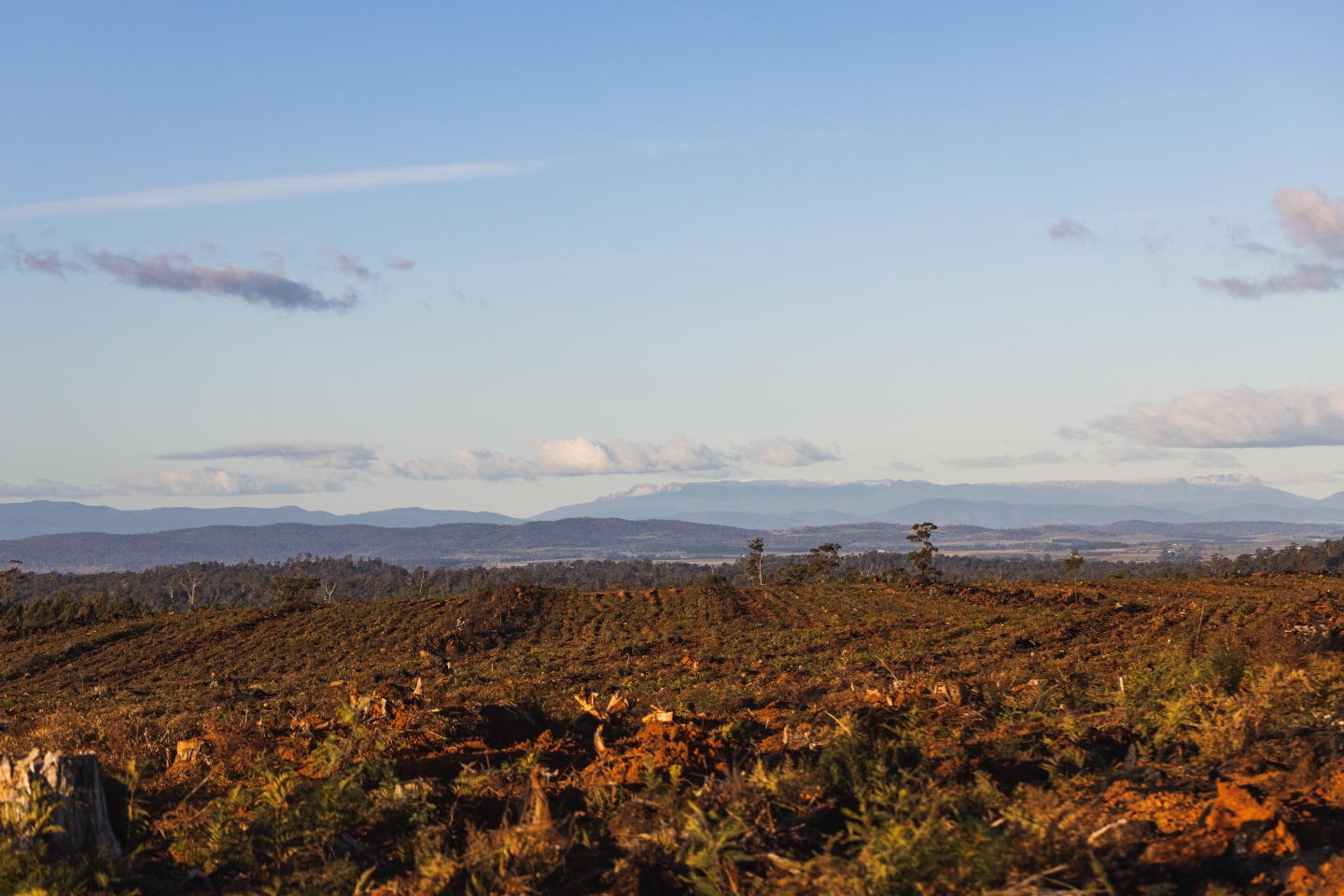ABx Group has locked in a deal that could be worth up to about $9 million for the supply of cement-grade bauxite to South Australian construction materials company Adelaide Brighton Cement’s Birkenhead manufacturing operation. The contract will see ABx supply between 90,000 and 120,000 tonnes of bauxite during a five-year term from its DL130 project in northern Tasmania.


ABx Group has locked in a deal that could be worth up to about $9 million for the supply of cement-grade bauxite to South Australian construction materials company Adelaide Brighton Cement’s (ABCL) Birkenhead manufacturing operation in South Australia.
The contract will see ABx supply between 90,000 and 120,000 tonnes of bauxite during a five-year term from its DL130 project in northern Tasmania. The first shipment is slated for next year’s first quarter, but final volumes are yet to be confirmed by either party.
A presentation by Metro Mining this month estimated bauxite prices rising to close to US$50 (AU$78.5) a tonne. Even at a more conservative US$45 (AU$70.7) a tonne, that would make ABx’s deal worth about US$5.4 million (AU$8.5 million).
While the companies have committed to an undisclosed sale price for the first shipment, future financial arrangements are yet to be negotiated. However, ABCL – which is a subsidiary of Adbri – has the option to extend the term for a further five years.
ABx’s DL130 project has a JORC-compliant resource of 13.7 million tonnes across three deposits. Its mine lease application is soon expected to be finalised, with the mining of cement-grade and fertiliser-grade bauxites from the project anticipated to begin before October.
Adbri is one of Australia’s pioneering construction materials and industrial mineral manufacturing companies. It was one of the nation’s first cement producers and now provides a wide range of concrete products including cement, lime, concrete, aggregates and industrial minerals.
ABx Group managing director and chief executive officer Mark Cooksey said: “This 5-year agreement with ABCL for the supply of cement-grade bauxite from our DL130 Bauxite Project represents a significant milestone for ABx and endorses the suitability of our bauxite for the broader cement industry. It enables both parties to plan for ongoing supply with confidence. Importantly, regular mining operations to supply ABCL will increase ABx’s ability to secure additional customers, for which there are active discussions.”
The innovative company is lookiong to provide the global market with high-demand strategic minerals – specifically, rare earths and chemicals such as aluminium fluoride, which are vital to aluminium smelting. Its proposed products include enhanced-value bauxitic products for cement, aluminium and fertilisers, including the processing of final bauxite products for various applications.
ABx also undertakes ongoing development and exploration and holds 10 bauxite tenements with a total area of 321 square kilometres in Queensland, Tasmania and NSW.
Bauxite is mainly a mixture of hydroxides and oxides of iron, aluminium and oxygen and its overall chemistry determines its commercial usage. It is best known as the principal ore used for aluminium production, which is when it contains a minimum of 38 per cent aluminium oxide, known as alumina – the precursor oxide for producing the metal.
Gallium is a common by-product of aluminium extraction from bauxites. It is a soft, silvery metal used primarily in electronic circuits, semi-conductors and light-emitting diodes, high-temperature thermometers, barometers, pharmaceuticals and in nuclear medicine.
Extraction of rare earths, including scandium, may also be possible from bauxite either directly as it is processed, or from the red mud waste from aluminium production.
Even though the concentrations of rare earths in bauxites are low, the vast amounts of processed could mean significant production possibilities. A study of two red mud waste localities in Greece and Turkey found that at concentrations of about 1000 parts per million, about 12,000 tonnes of rare earths could be produced as a by-product.
As an important link between its key product streams, ABx was the first company to discover clay-hosted rare earths in its Tasmanian bauxites. Management says its metallurgical testing confirmed the highest reported rare earths extraction rates from any known clay-hosted prospect in Australia.
Increasingly, bauxitic deposits and the geological processes that form them are viewed as having an important connection to the evolution of rare earths deposits, particularly of the ionic-adsorption clay (IAC) type. It is because IAC deposits offer potentially high volume, but lower-grade alternative resources to hard-rock sources and are typically much lower cost operations.
The near-surface clay deposits are more easily mined at lower costs, with the added benefit of much cheaper processing costs that often lead to significant economies of scale improvements offsetting lower grades.
In early May, ABx updated its rare earths mineral resource estimate to more than 20 million tonnes at its Deep Leads–Rubble Mound project in northern Tasmania and is now drilling to expand the deposit’s size. Management has also tweaked its targeting to define what it considers to be the optimal type of mineralised IAC that is most amenable to mildly acidic, low pH leaching.
The company changed its name from Australian Bauxite to ABx in 2021 to reflect its evolution from bauxite developer to one that now has three separate projects and a long-term focus on developing and adding value to bauxite deposits on the east coast of Australia.
It now appears to be well on-track to capitalise on a host of new clean energy possibilities inherent in its bauxite business.
Is your ASX-listed company doing something interesting? Contact: matt.birney@businessnews.com.au












